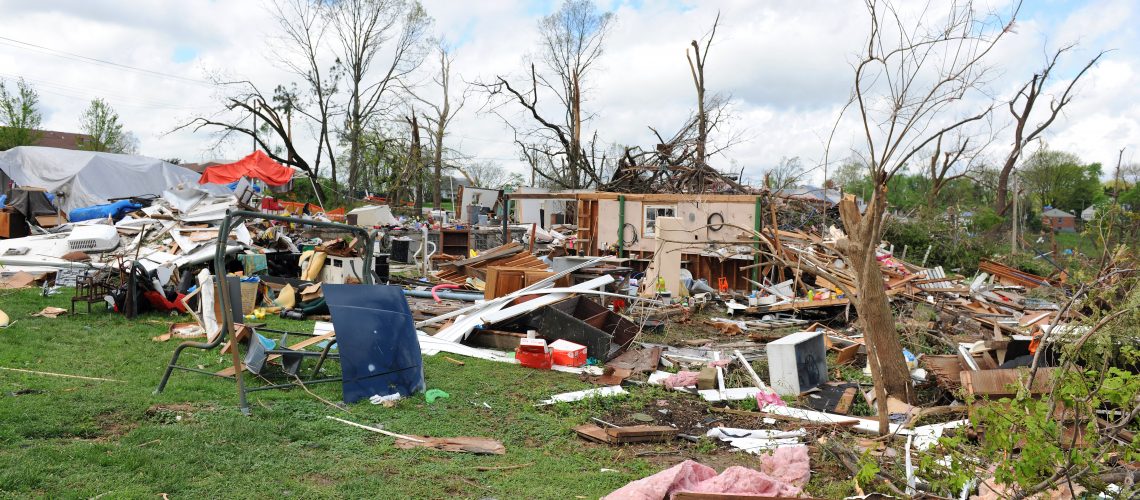In the world of insurance claims professionals and organizations there are adjusters referred to as “CAT,” meaning catastrophe adjusters. As inferred by the term, these claims professionals specialize in handling claims that result from natural disasters and catastrophes.
The most noticeable example would be hurricane events. Other situations range from floods, wildfires, tornados, hail storms and earthquake losses. The list goes on and on.
During times when there is extensive and widespread damage, typically due to an act of mother nature, there is an abrupt and dramatic need for claims professionals. These professionals are needed to handle first-party property losses.
These adjusters usually travel from outside of the affected zone and work intensively for limited periods of time. They may live and work out of a trailer, R.V. or hotel. Usually hotel space is at a premium after a disaster has rendered homes unlivable. The hours are long, and the working conditions are vigorous.
CAT adjusters are a different breed of claims professionals.
A CAT adjuster’s income can range from between $75k and $125k, during the storm season. That typically lasts around 6 to 8 months. A notable and common phrase among nearly all types of insurance adjusters is “make 6 figures in 6 months.” As they are paid per claim they close. This will depend on their ability to close those claims. Being that the large majority of CAT adjusters are independent adjusters, they are paid on a sliding scale. Working a catastrophe is usually sought after by CAT adjusters as they are typically paid on what is referred to as “CAT pay”. CAT pay offers an increase in the monetary compensation; due to vigorous conditions.
Despite the high earning potential and extended periods of downtime, CAT adjusting can be a demanding career. The adjusters are deployed to a catastrophe for weeks to months at a time. They will typically work long days and late into the night. The work involved can be physically and mentally taxing. They climb roofs in the heat of the day and close their claims into the night. It takes dedication, hard work, organization, and self-motivation in order to be successful in the field.
These insurance professionals garner substantial job satisfaction from the lifestyle of a CAT Adjuster. This special breed of adjuster will more than likely always be sitting by the phone, waiting for the call after disaster strikes. Watching the Weather Channel constantly during hurricane season.
It is important to remember, the more claims they close, the more they make. When a CAT adjuster shows up, they are usually there to assess your damage and wrap your claim up as fast as possible. Also known as “turn and burn”. These adjusters don’t typically show a lot in the way of sympathy and attention to the details of your loss; however, sometimes you will encounter a CAT Adjuster with a huge heart. These adjusters are unicorns in their field.
Recommendation: Strike up conversation with your adjuster. See how they respond with their answers. You’ll quickly come to a conclusion of who’s best interest they have in mind. You never know, you may make a friend for life.
Conversation starter tip: Often a CAT adjuster will arrive in their personal vehicle. Remember, these adjusters usually travel from outside of the affected zone, take a look at their license plate. They are in a new area. They aren’t very familiar with their surroundings. Find some common ground to break the ice with. Ask them how they are liking the area, where they have eaten dinner, etc.
Resources:
Catadjuster.org
How to become an insurance claims adjuster in 5 steps
FEMA’s Adjuster Certification
Adjuster TV Resources


